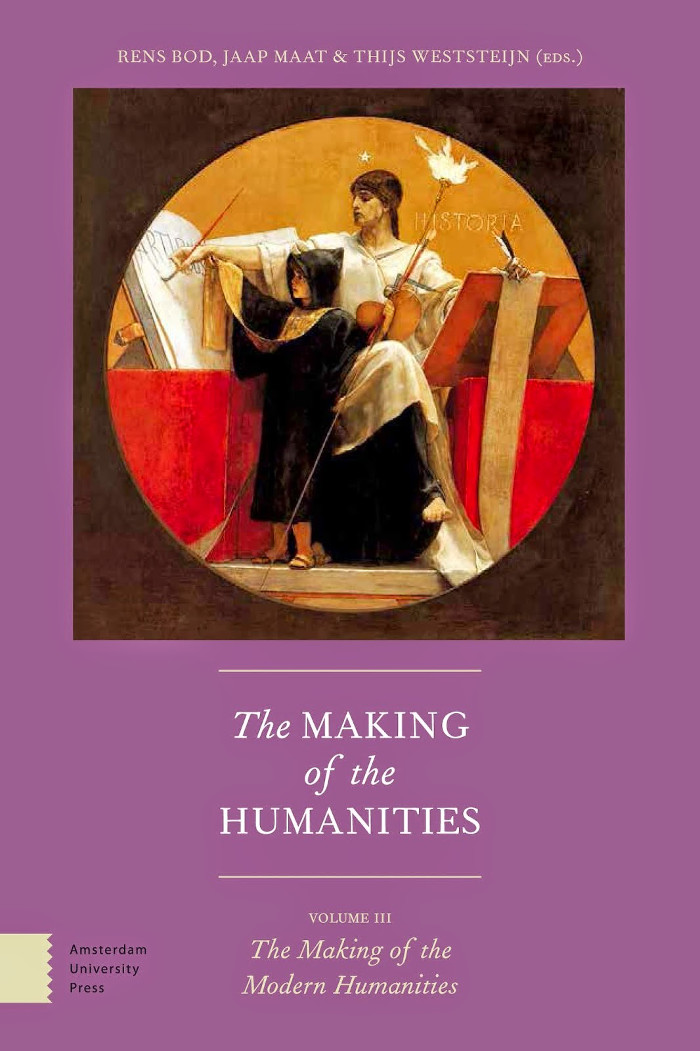Roman Jakobson: My Futurist Years (1992/1997)
Filed under book | Tags: · 1910s, 1920s, biography, dada, formalism, futurism, language, linguistics, literary theory, literature, poetics, poetry, slavic studies

“Born in Moscow in 1896, Roman Jakobson was a founder of and a key figure in two influential schools of 20th century literary thought: Russian formalism, and later, during his years in Prague, structuralism. Forced to flee the invading Nazis, Jakobson spent time in Denmark, Norway, and Sweden, before coming to the United States in 1941. During his long and illustrious academic career in the U.S., Jakobson was a professor of literature and linguistics at Columbia, Harvard and MIT. Up to his death in 1982, he published 500 monographs and articles on linguistics, Slavic studies, poetics, and semiotics.
Vital as the extraordinary innovative and turbulent period that spawned these writings, My Futurist Years is one of the most important reflections on the Russian Futurist movement and a cornerstone in the career of one of the century’s greatest linguistic and literary thinkers.
Jakobson’s rare sensibility in his explorations in language and art are no more evident than in this volume, detailing the formative moment in his public and personal life. Along with the quite moving recollections of his friendships with such Modernist figures as Mayakovsky, Khlebnikov, and Malevich, the book includes Jakobson’s letters to other Futurists active in the scene and to his close friend Elsa Brik, later to gain notoriety as the French writer Elsa Triolet and wife of the poet Louis Aragon.” (from the back cover)
First published in Russian as Jakobson-budetljanin: sbornik materialov, Almqvist & Wiksell International, Stockholm, 1992.
Compiled and Edited by Bengt Jangfeldt
Translated and with an Introduction by Stephen Rudy
Publisher Marsilio, New York, 1997
ISBN 0941419797
371 pages
in the Unlimited Edition
Review: Avril Pyman (Slavonic & East European Review, 1993).
PDF (21 MB, updated on 2019-9-27)
Comment (0)Rens Bod, Jaap Maat, Thijs Weststeijn (eds.): The Making of the Humanities, Vol. 3: The Modern Humanities (2014)
Filed under book | Tags: · aesthetics, archaeology, art history, classics, digital humanities, history, history of science, humanities, knowledge, language, linguistics, literary theory, literature, musicology, philology, philosophy, science, social science, theatre

“This comprehensive history of the humanities focuses on the modern period (1850-2000). The contributors, including Floris Cohen, Lorraine Daston and Ingrid Rowland, survey the rise of the humanities in interaction with the natural and social sciences, offering new perspectives on the interaction between disciplines in Europe and Asia and new insights generated by digital humanities.”
Publisher Amsterdam University Press, Amsterdam, 2014
Creative Commons BY-NC 3.0 License
ISBN 9789089645166
724 pages
PDF, PDF (6 MB, updated on 2022-12-20)
Volumes 1-2
Barry B. Powell: Writing: Theory and History of the Technology of Civilization (2009)
Filed under book | Tags: · alphabet, cuneiform, history of technology, language, technology, writing

“In this book the author explores writing not tied to speech, and traces the origins of writing tied to speech from ancient Sumer through the Greek alphabet and beyond. The book examines the earliest evidence for writing in Mesopotamia in the fourth millennium B.C., the relations of these systems to Ancient Egyptian, Chinese, and Mesoamerican writing, the origins of purely phonographic systems, and the mystery of alphabetic writing. With examples from contemporary and historical writing systems, and many illustrations, it shows how the structures of writing served and do serve social needs and in turn create deep patterns of social behavior.”
Publisher Wiley-Blackwell, 2009
ISBN 1405162562, 9781405162562
276 pages
Review (L. R. Siddall, Bryn Mawr Classical Review, 2010)
Comment (0)
